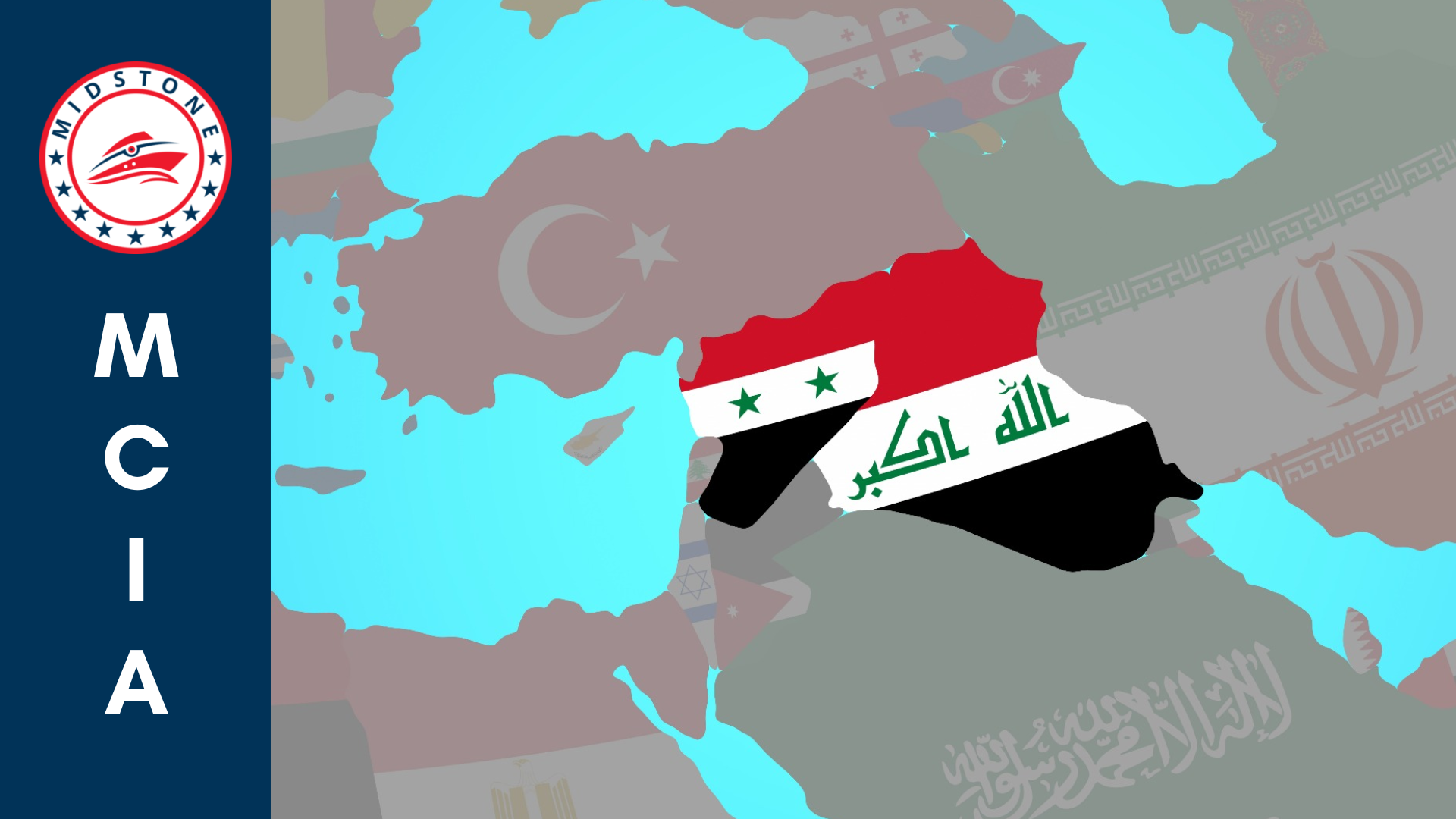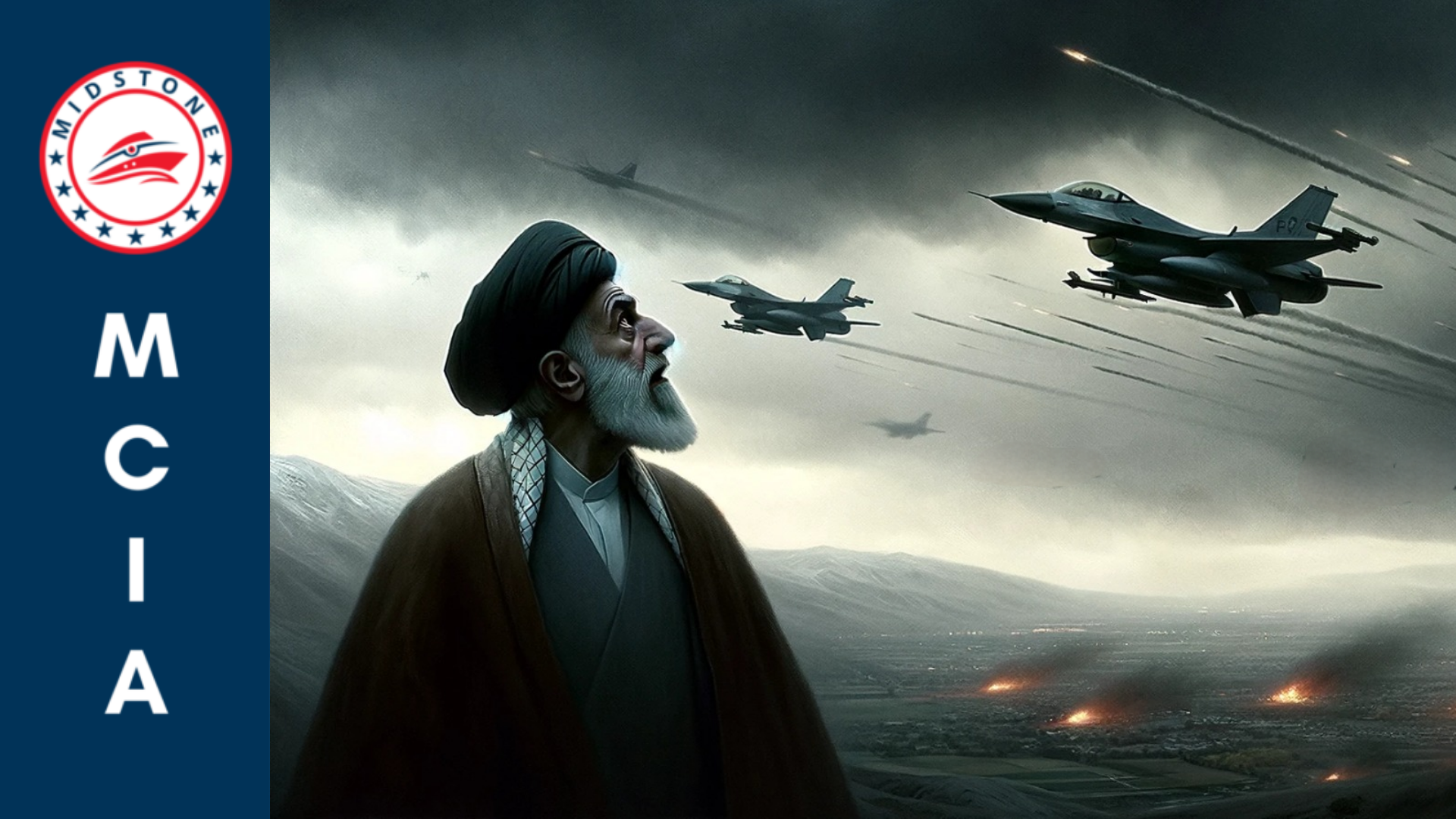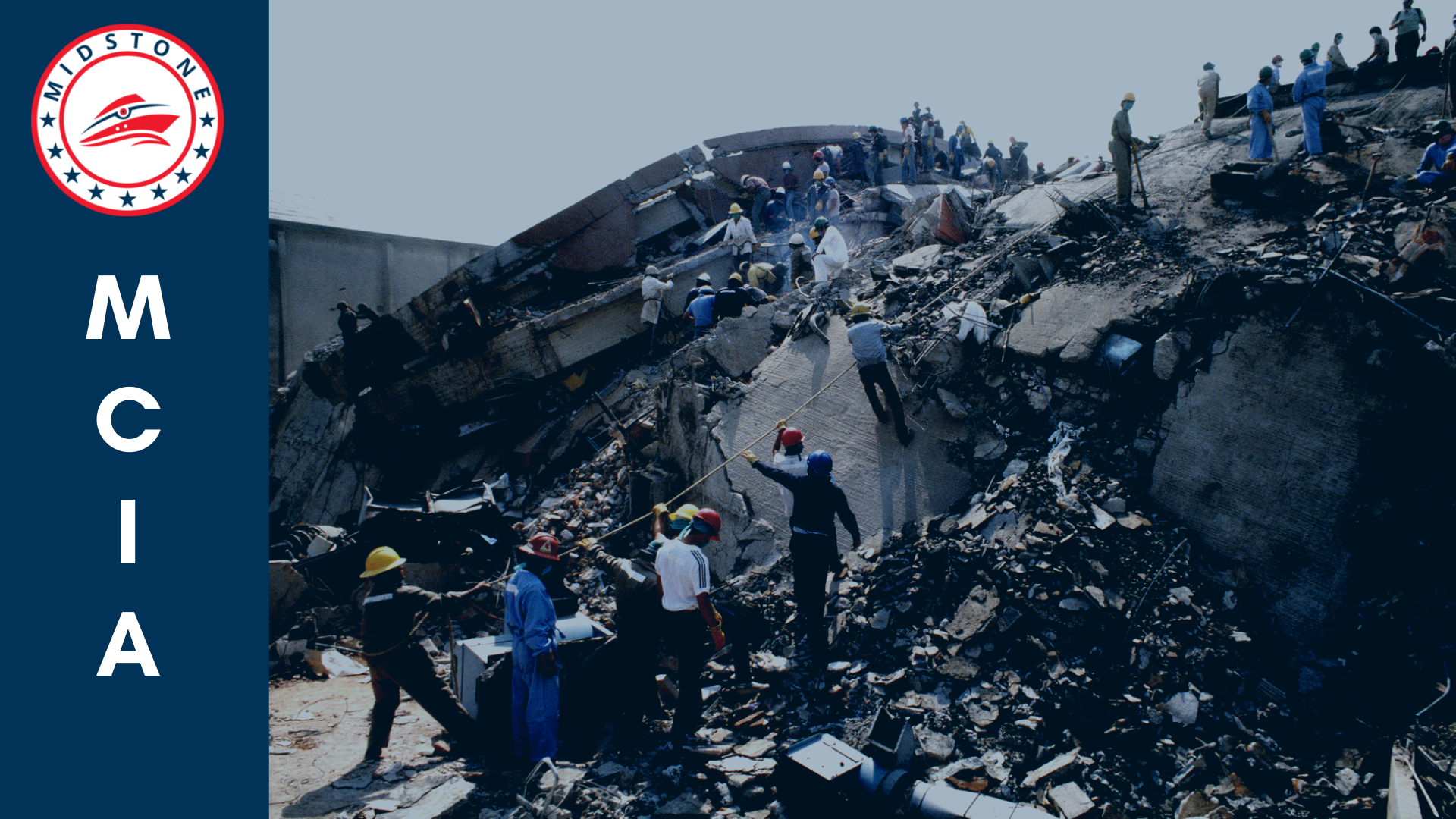The ‘Anti-Assad Triangle,’ comprising Hayat Tahrir al-Sham (HTS), Syrian Opposition Forces, and the Kurdish-led Syrian Democratic Forces (SDF), has recaptured significant parts of Aleppo in a surprise offensive, pushing back regime forces weakened by the absence of strong support from Russia, Iran, and Hezbollah. Turkey has backed this coalition to pressure Assad, while Israel benefits from the disruption to Iranian and Hezbollah infrastructure in Syria. However, regional security concerns persist, with potential re-engagements by Iranian forces, Hezbollah, and Russian interests to stabilise Assad's crumbling hold on power. The coming days will test the regime's ability to regroup or face further losses.
Iran's recent military actions across the Middle East represent a significant escalation in regional tensions. An attack on Pakistan, however, represents a new level of escalation.
In a concerning escalation of tensions, the Israeli military has reported that 34 rockets were fired from Lebanon towards Israel, with at least four landing in Israeli territory. While the latest exchange of fire follows violent clashes between Israeli police and Palestinians at the Al-Aqsa mosque compound in Jerusalem, it is the assessment of Midstone Centre that the instigation of tension in the region has been in the plans of the Iranian regime and its proxies for some time.
On the morning of February 6th, 2023, Turkey was shaken by two powerful earthquakes that left a trail of destruction in their wake. The first struck 34 km west of the city of Gaziantep at 1:17 UTC, with a magnitude of 7.8, making it one of the strongest earthquakes to hit Turkey in modern times. The quake was felt in both Turkey and Syria, causing widespread damage and loss of life. The aftershocks were also very strong, with the strongest registering a magnitude of 6.7. The second earthquake hit the city of Kahramanmaraş just 9 hours later, with a magnitude of 7.5, causing further destruction and adding to the toll of the first quake.




